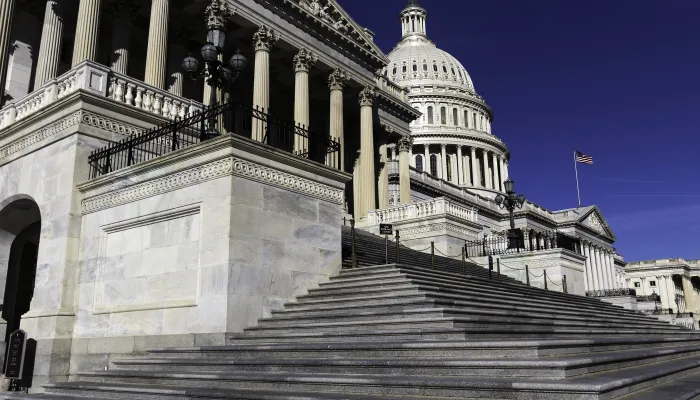Federal versus Private Compensation: A Closer Look
CBO has a new report out, comparing federal and private-sector compensation for employees. The report shows that, on average, federal employees are compensated more than private-sector employees with similar educational backgrounds and other characteristics; however, the story is not as simple as it would appear.
Overall, after adjusting for education levels, federal employees received 16 percent more in total compensation (wages and benefits) than private-sector workers from 2005-2010. Looking more closely at the data, though, it would be more accurate to say that the federal government has more "compressed" compensation--that is, it pays workers with less education significantly more, but it pays workers with doctorate degrees significantly less. CBO bears this out, saying that the dispersion of wages from the 10th to the 90th percentile was smaller for the federal workforce than for the private sector.

Also, the report reveals that the lion's share of the difference in average compensation lies in benefits rather than wages. On average, wages are only about two percent higher for federal workers, but benefits are a staggering 48 percent higher. This difference is magnified at lower education levels, with federal workers with a high school diploma or less receiving 72 percent more in benefits than their private-sector counterparts.
Still, this more detailed analysis of CBO's numbers comes with a caveat. Since the data come from 2005-2010, they do not account for the federal pay freeze that has been in effect for 2011 and 2012. That would affect both the relative level of wages (since overall wage inflation has been positive while federal wages have generally stayed flat) and certain benefits like pensions that are in part determined by wage history.
From CBO's analysis we can see that after accounting for education and certain other characteristics, it is employee benefits that truly drive the difference between federal and private compensation. As this Moment of Truth Project report shows, many benefit practices in the federal government are much more generous than are available to private employees. While it is important to have a well-compensated federal workforce that attracts qualified individuals, there is some room for tightening up when it comes to the fringe benefits that they receive.
Click here to see the MOT's report on options for reforming the federal retirement system.

